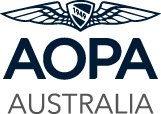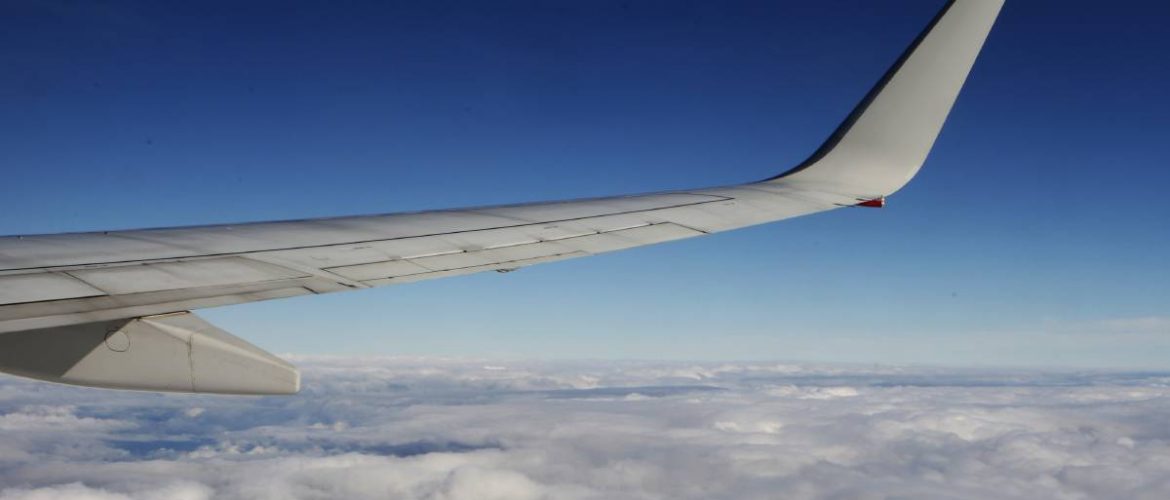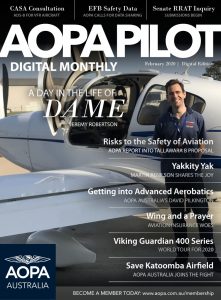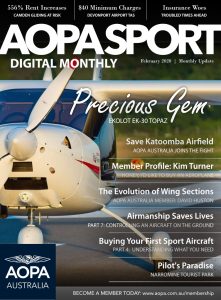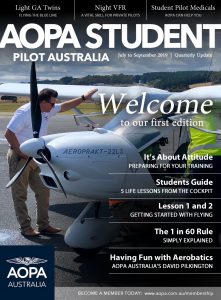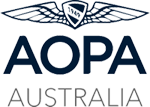The Canberra Times last week (25th August) broke news that foreign aircraft maintenance organisations that work on Australian registered aircraft are being approved by the Civil Aviation Safety Authority without any physical inspections of their facilities, tooling or personnel.
Whereas local Australian businesses are treated very differently, exposed to considerable physical inspections, face-to-face interviews and lengthy document and procedures approval processes. These inspection, assessment and approval services by CASA are all billed to the business applicant, costing many tens of thousands of dollars and consuming anywhere between 6 to 12 months of time.
AOPA Australia is concerned that CASA is not applying it’s safety regulations in an consistent manner, resulting in local businesses being disadvantaged by the additional regulatory impost, when compared to international applicants.
Canberra Times: August 25th, 2019 – Blake Foden
The Civil Aviation Safety Authority has been accused of putting air travellers at risk after it approved three overseas facilities to carry out maintenance work on Australian aircraft without its airworthiness inspectors ever laying eyes on the facilities.
Three unions representing aviation sector workers have slammed the decisions as an “an extremely negligent and dangerous move”.
But the authority has hit back, saying it “firmly rejects any assertion that our safety strategy for managing overseas maintenance is creating risks”.
Documents obtained by the Australian Licensed Aircraft Engineers’ Association under freedom of information laws detail decisions made by authority managers that led to the approval of aircraft maintenance facilities in South Korea, Fiji and Germany.
The documents show these facilities were approved without on-site inspections by the authority, against the advice of its own airworthiness inspectors, who wanted to travel to the facilities to carry out what they believed were necessary checks.
The aircraft engineers’ association, Professionals Australia and the Australian Federation of Air Pilots have all blasted the authority over the issue.
Professionals Australia ACT branch director Dale Beasley said approving facilities without on-site inspections was “a completely unacceptable and unnecessary risk for CASA to force on Australian air travellers”.
“Every time an Australian air traveller boards a plane, they believe that it’s been maintained and serviced in accordance with strict regulations enforced by CASA, but that is simply no longer the case,” Mr Beasley said.
“The organisation on the front line of keeping Australians safe in the air is junking the on-site inspection of the overseas maintenance facilities which inspect and repair large aircraft operating in Australia.”
Documents relating to the South Korean facility include a number of emails from air worthiness inspectors, whose names are redacted.
One expresses frustration at being unable to travel to the facility to carry out an inspection, saying: “In my [redacted] years at CASA I have not seen us stoop to such a low level of dysfunctionality.”
In another email, an airworthiness inspector sets out their belief that the authority must legally verify an applicant’s standards and facilities itself, not merely rely on information provided by a third party or the applicant.
Australian Licensed Aircraft Engineers’ Association technical manager Steve Re said he was “stunned” by some of the senior management actions revealed in the documents.
Mr Re said he was particularly dismayed by the process the authority followed before approving a facility in the German city of Dresden.
Emails reveal authority regional managers said they would carry out interviews of the Dresden facility’s accountable and responsible managers. These interviews would usually be conducted by airworthiness inspectors, who are trained technical assessors.
Further documents show two of the authority’s regional managers signed forms certifying that the interviews had been “conducted to a satisfactory standard” on May 9. But the regional managers had instead emailed questions to the German facility’s senior staff, who replied on May 10. The questions were sent despite legal advice an airworthiness inspector raised in a March email. The legal advice was redacted in the freedom of information release, but the inspector’s email said it appeared to contradict a regional manager’s view that the questions could be provided to the industry.
“The actions of CASA senior management have been embarrassing and have damaged Australia’s reputation,” Mr Re said.
Mr Beasley said it was clear the leadership of CASA was “solely focused on cutting costs and completely deskilling the organisation, whatever the consequences”.
He said if the authority failed in its duties to safely regulate air travel, Australians would be left “counting the cost in lives, not dollars”.
In an email released under freedom of information, an airworthiness inspector said if the authority’s management continued “on a frolic of their own”, safe outcomes could not be assured.
A Civil Aviation Safety Authority spokesman said the authority took a risk-based approach to determining whether on-site assessments of an organisation were necessary before issuing approvals.
He said overseas maintenance facilities with Australian approvals operating in South Korea, Fiji and Germany were scheduled for audits “in the near future”.
“This will be done while Australian aircraft are undergoing maintenance,” the spokesman said.
“CASA firmly rejects any assertion that our safety strategy for managing overseas maintenance is creating risks. It is completely untrue [for the unions] to claim CASA has abolished on-site checks of overseas maintenance organisations.”
The vast majority of maintenance on Qantas aircraft is done in Australia, and a spokesman for the airline said it had high standards.
“In addition to CASA’s requirements, Qantas Engineering requires any facility we use to meet a set of strict criteria and all work must be undertaken in accordance with Qantas’ high standards,” he said.
Since the three overseas maintenance facilities referred to in the freedom of information documents were approved, Qantas Engineering has overseen scheduled maintenance and upgrades of the seats and interiors in its Airbus A380s at the Dresden facility.
One Qantas aircraft has been painted at the facility in South Korea.
The airline indicated that in Fiji, Fiji Airways may conduct minor unscheduled maintenance on its aircraft at Nadi Airport. This arrangement was typical of those in place at other overseas ports including New York, Auckland and Wellington.
